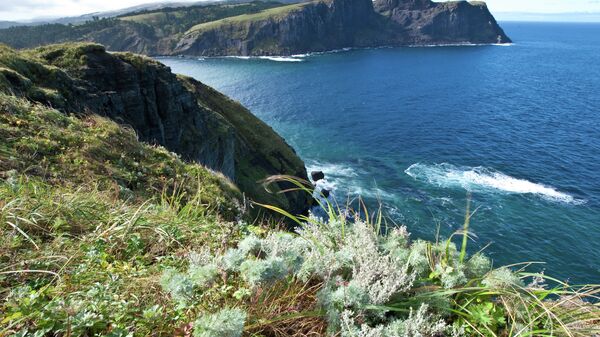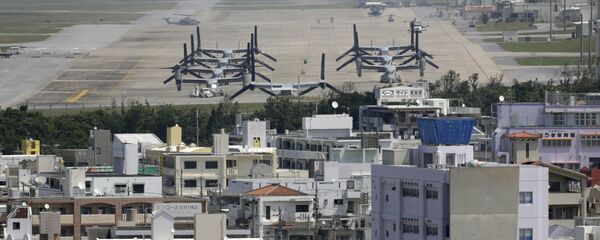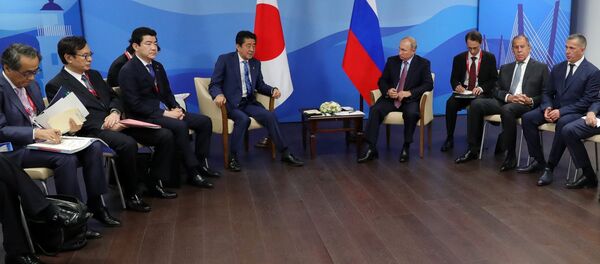"It’s difficult to negotiate without some kind of base. Therefore, both leaders decided to take the 1956 declaration as the basis. Can we say that this means an automatic transfer of some territories? Absolutely not. Actually, president Putin said that when answering journalists' questions," Peskov said.
He refuted rumours about some kind of already concluded separate deal about the transfer of the islands. "It is not so, and it cannot be so," he assured.
READ MORE: Russia, Japan Launch Joint Naval Drills in Gulf of Aden — Military
According to Peskov, the parties can reach a compromise on the issue.
"But this is a compromise that will not conflict with the national interests of any of the parties," the spokesman stressed.
Russia will take into account Tokyo's allied commitments to the United States when negotiating a peace treaty with Japan, Peskov noted.
"Russia has been taught by a bitter experience in its relations with NATO. Recall [USSR President] Mikhail Sergeyevich Gorbachev, Germany, the US. Recall the creeping expansion of NATO, including military infrastructure, toward our borders, which continues to this day. Having such rich experience, Russia cannot help taking into account the allied relations of Japan with other countries, primarily with the United States," he said.
READ MORE: Japan's Abe Says Moscow, Tokyo Will Open 'New Era' in Relations Based on Trust
The peace treaty issue can be resolved, despite all the difficulties, which is confirmed by the experience of negotiations on territorial issues with China, Peskov noted.
"This issue can be resolved. Such complex issues may still be resolved, and this showed, for example, the experience of negotiations on territorial issues with China. Putin repeatedly gives this example, he constantly appeals to negotiations that have been ongoing for several decades," he said.
The agreement with Japan is important for Russia because it will open up broad opportunities for cooperation between the two countries, Kremlin spokesman stressed.
"Japan is an important partner, despite a consistent approach to intensifying relations with our country, but for Japan, the absence of a peace treaty is a kind of restraint, and we cannot fully use the full potential of our bilateral relations," Peskov said.
He noted that Japan supported sanctions against Russia, adding that this question "cannot remain unresolved during the negotiations."
READ MORE: Japan ‘Loses Island' Near the Disputed Kuril Territory
The islands dispute has been souring bilateral relations for decades and serves as the main stumbling rock to signing a permanent peace treaty after the end of World War II. Both countries claim a group of four islands — Iturup, Kunashir, Shikotan and Habomai — referred to as the Southern Kurils by Russia and the Northern Territories by Japan.
Some progress was made when Putin visited Japan in December 2016, and Moscow and Tokyo agreed to work on joint projects on the islands in the fields of seafood cultivation, tourism, agriculture, energy and hard waste disposal and facilitate movement between the Kurils and Japan.




